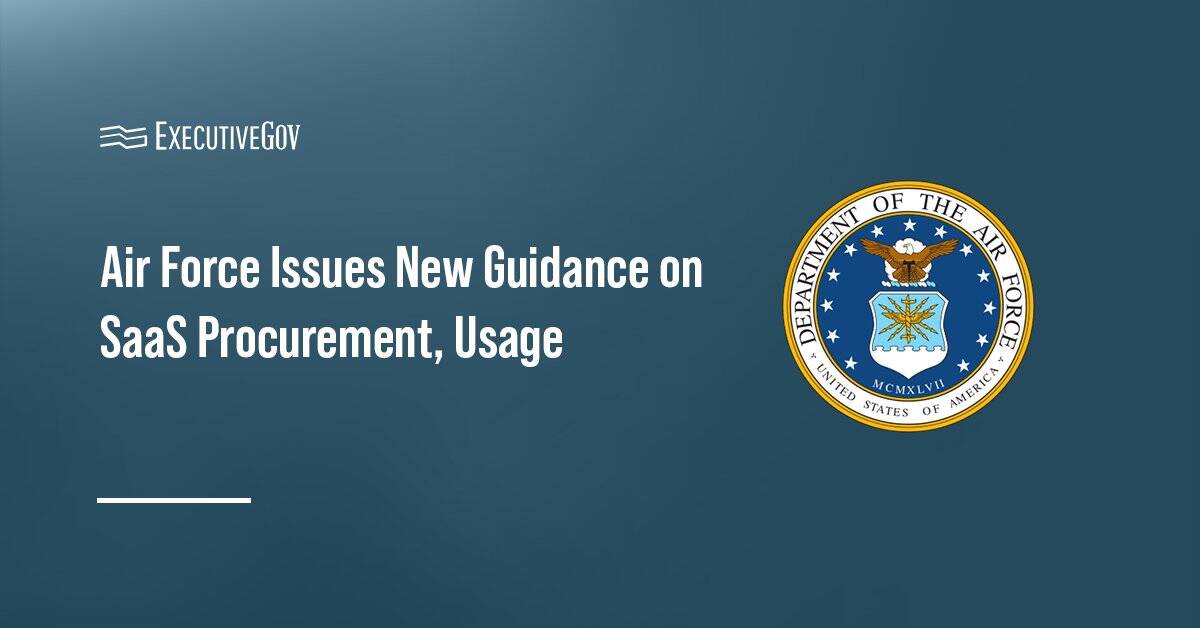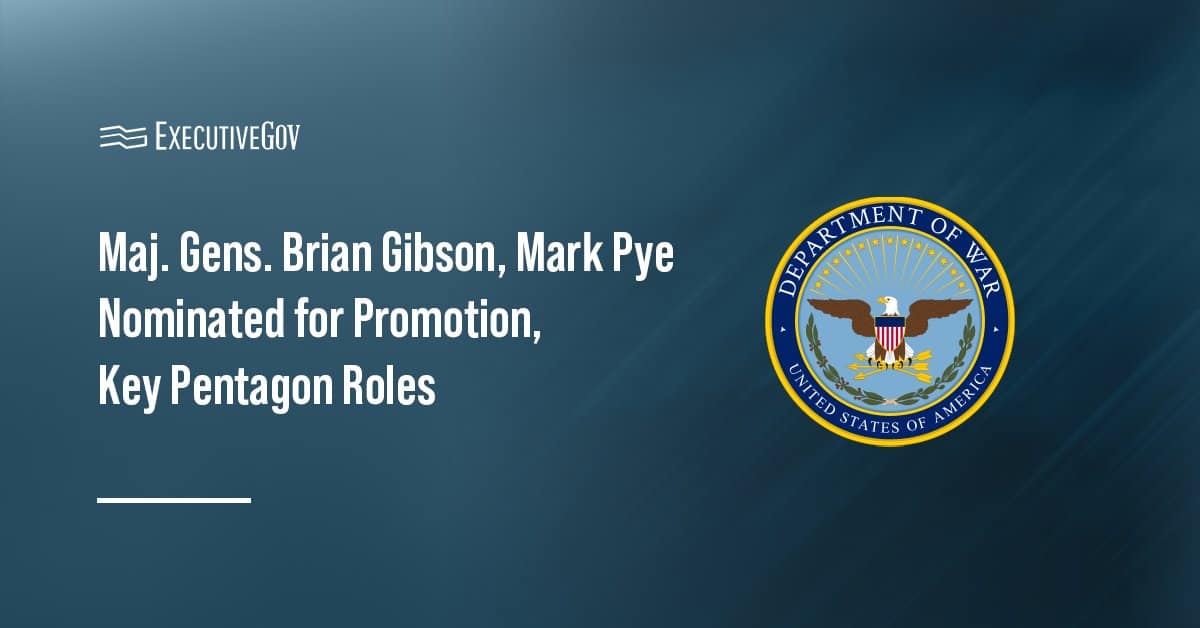The Department of the Air Force has issued a new memorandum that classifies software as a service as a commodity-based subscription service rather than a licensed software asset.
In a LinkedIn post, the DAF chief information officer said the policy change shifts the department’s focus to usage, consumption and performance, unlocking real-time visibility into SaaS utilization, centralized procurement and cost control, stronger alignment with zero trust and data ownership mandates, and reduced sustainment burden on the workforce.
Unlike traditional licenses, which grants ownership of the product, SaaS provides only access to applications. That distinction, according to the memo, makes it critical for the service to closely monitor usage, consumption and associated costs.
The directive outlines new standards for acquiring, managing and tracking SaaS across the Air Force enterprise. By tightening procurement rules and mandating enterprise-level oversight, the service aims to improve cost control, strengthen data governance and ensure consistent security practices for cloud-based platforms that support mission operations.
Table of Contents
Centralized Procurement and Oversight
To eliminate fragmented purchases, SaaS subscriptions may no longer be added as contract line items or other direct costs under larger agreements. Instead, they must be procured through separate contracting actions or established enterprise vehicles. Program offices are directed to check the Enterprise Service Catalog before pursuing new subscriptions, with exceptions requiring approval from the Air Force CIO.
Data Control and Usage Tracking
Vendors must guarantee government ownership of all data created under SaaS agreements and provide near-real-time reporting on subscriptions and usage. This approach is intended to provide leaders with visibility at both the individual and enterprise levels.
Monitoring and Platform Health
The guidance requires tracking of usage against purchased quantities, allocations and consumption rates. If demand exceeds contracted levels, adjustments must be coordinated with the CIO. Vendors are also required to support platform health checks at no additional cost, covering areas such as security patching, user activity and compliance.
Limits on Customization
The memo clarifies that while the basic configuration of SaaS platforms is permitted, custom code or unapproved modifications are not. Any expanded functionality must receive prior approval from the CIO to prevent security risks and ensure uniformity.
Alignment With Defense Acquisition Policy
SaaS offerings supporting mission operations will be governed as Defense Business Systems or National Security Systems, ensuring compliance with Department of Defense acquisition and lifecycle management standards.





